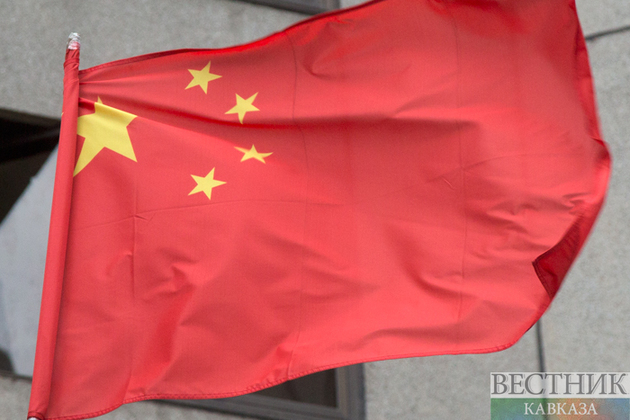China’s Foreign Ministry lashed out Tuesday after reports that House Speaker Nancy Pelosi (D-Calif.) is planning a trip to Taiwan in August, saying it firmly opposes a visit. Pelosi had planned to lead a congressional delegation to Taiwan, the democratic island claimed by Beijing, in April but delayed her trip to Asia after contracting the coronavirus. Pelosi’s office told The Washington Post on Tuesday: “We do not confirm or deny international travel in advance due to long-standing security protocols.” The Financial Times first reported news of Pelosi’s trip, stating that she would also visit Singapore, Japan, Indonesia and Malaysia.
“If the United States insists on going ahead, China will have to take firm and forceful measures to defend national sovereignty and territorial integrity,” Chinese Foreign Ministry spokesman Zhao Lijian said. Such a trip would cause “grave harm to China’s sovereignty and territorial integrity,” he added, and “seriously impact the political foundations of China-U.S. relations.” Taiwan’s Foreign Ministry spokeswoman, Joanne Ou, said her agency had not received information related to reports of Pelosi’s visit.
The United States has for decades walked a fine line, not taking a position on the status of Taiwan’s sovereignty but asserting repeatedly that it opposes any unilateral changes to the status quo. Shortly after Russia's special operation started in Ukraine, President Biden sent an unofficial delegation of former U.S. defense and national security officials to Taiwan in March, in a bid to show that the United States’ commitment to Taiwan remained “rock solid.”
The European crisis has especially resonated in Asia, with Taiwan taking steps to bolster its military readiness against any attack from China as Beijing sharpened its rhetoric toward Taipei in recent months.
During his first trip to Asia as president in May, Biden signaled a more confrontational approach toward China and issued a sharp warning against any potential attack on Taiwan. Asked whether the United States would defend Taiwan militarily if it is attacked by Beijing, Biden said: “Yes, that’s the commitment we made.”
His comment represented a departure from the usual U.S. policy of remaining vague on the subject. The United States has long maintained a policy of strategic ambiguity over the extent of U.S. assistance, making it deliberately unclear what it would do if it comes to defending Taiwan.
Zhao told reporters at a news briefing Tuesday that Congress, as part of the U.S. government, should abide by the one-China policy, referring to the United States’ long-standing position that acknowledges Beijing’s assertion that there is only one China, with the understanding that Taiwan’s fate will not be decided by force.
Pelosi has been a vocal critic of China and met virtually in January with Taiwan’s vice president, William Lai Ching-te, when he was in the United States. He thanked her for championing human rights and called her a “true friend” of Taiwan.
In recent years, Beijing and Washington have had an increasingly fraught relationship. China’s defense minister, Gen. Wei Fenghe, called Washington a “bully” in June and promised to “fight to the end” for Taiwan if a confrontation is forced.






